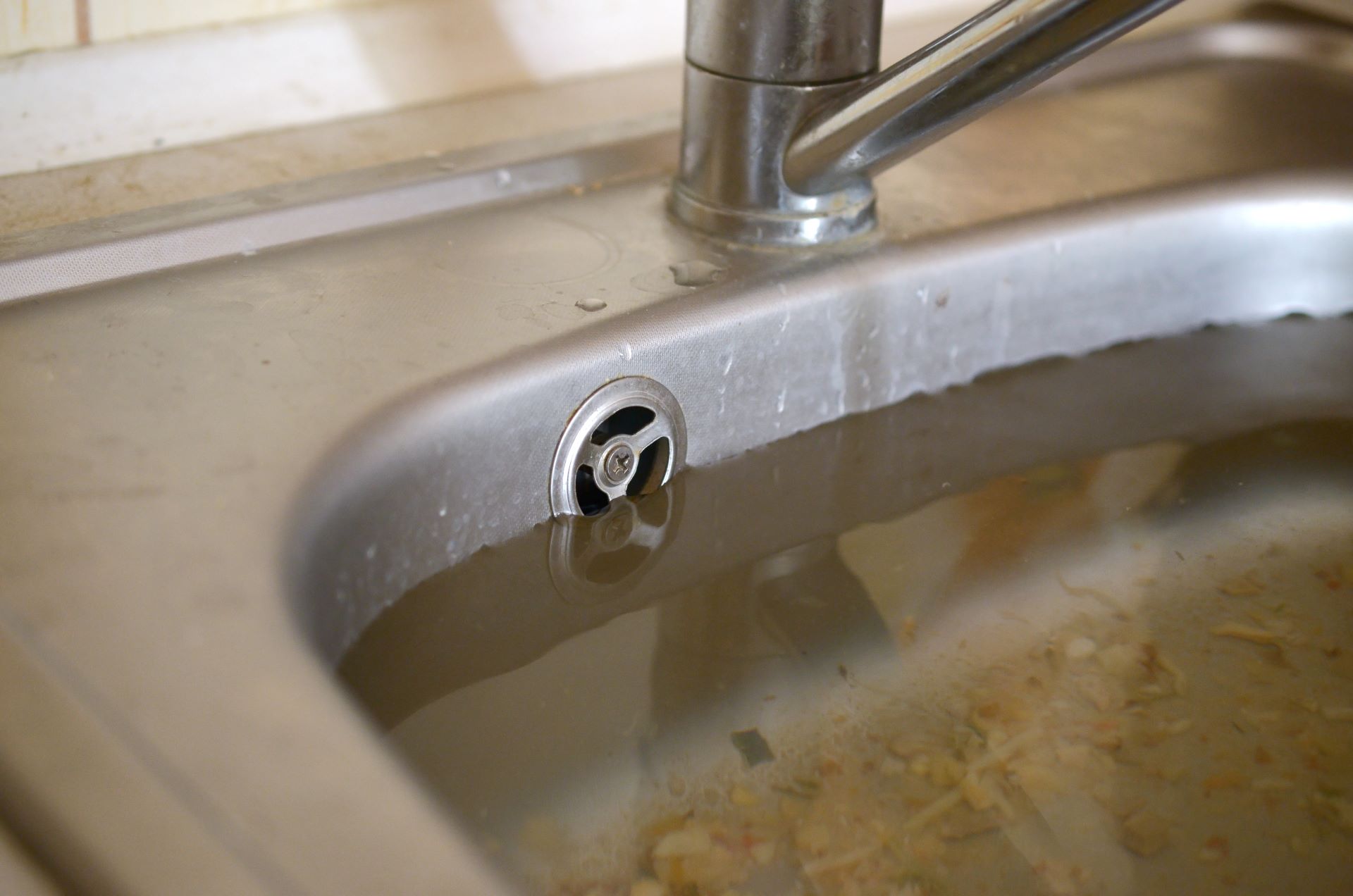Why You Should Never Ignore a Blocked Drain
When it comes to the realm of home maintenance, one issue that invariably rears its head now and again is the concern of a blocked drain. This common predicament can quickly transition from a minor inconvenience to a significant problem if not promptly addressed, so it’s critical to understand why such issues should never be dismissed or sidelined. In the following article, we’re going to take a look at some key reasons why a blocked drain demands immediate attention, and provide guidance on some helpful preventive measures for the future. Let’s take a look!
What is a blocked drain?
A blocked drain, in essence, refers to a drainage system impeded by a blockage that restricts the free flow of water. This impediment can occur in any part of your home’s drainage system, including the kitchen sink, bathroom basin, shower, or toilet. The reasons behind blockages are manifold, but the consequences remain largely consistent – a drainage system that fails to perform its function, potentially leading to an array of further complications.
What causes a blocked drain?
Food residue
In the hierarchy of culprits responsible for blocked drains, food waste features prominently, especially within the confines of the kitchen. Elements such as oils, fats, and food particles can accumulate over time, resulting in a viscous mass that impedes water passage. It’s crucial to remember that the drain is not a receptacle for indiscriminate waste disposal – always dispose of fats and oils safely, never pouring them down the drain.
Hair and soap
The bathroom drains are not immune to blockages either. Hair, in combination with soap, can congeal into a formidable barrier against the free flow of water. Hair strands can easily entangle within the drain, and the addition of soap to this mix can engender a particularly stubborn obstruction.
Sanitary products
Toilets can become a locus for blockages due to the inappropriate disposal of sanitary products: overuse of toilet paper, alongside other unflushable items such as wet wipes, can quickly congest the drainage pipes. It’s worth noting that the only items intended for toilet disposal are the universally recognised three Ps: pee, poo, and (toilet) paper.
Plant and tree roots
Surprisingly, natural elements such as plant and tree roots can also contribute to blocked drains. These roots can infiltrate your drainage pipes, leading to cracks and resultant blockages. As such, monitoring the growth of large trees proximate to your property is a wise preventive measure.
Also Read: How to Prevent Drain Blockage?
Why you should never ignore a blocked drain
Potential property damage
Dismissing a blocked drain may lead to severe property damage; the backlog of water can result in leaks and even flooding, with detrimental effects on the structure and interior of your property.
Health hazards
Blocked drains, if unattended, can even pose significant health hazards. The stagnant water is a fertile breeding ground for harmful bacteria and disease-bearing pests, and this could potentially lead to a variety of health concerns for those residing in the property.
Expensive repairs
Lastly, the financial implications of ignoring a blocked drain cannot be understated. The longer the blockage persists, the greater the potential for damage and consequently, more expensive repair costs. Addressing the issue immediately can prevent a simple problem from snowballing into a costly repair or replacement job.
How to prevent blocked drains
Mindful disposal of waste
One of the most effective ways to prevent blocked drains is by being mindful of what you dispose of down your drain. Food waste, coffee grounds, hair, and grease should be thrown into the bin rather than down the sink. Similarly, toilets are not designed to flush away anything other than human waste and toilet paper. Adhering to these simple rules can significantly reduce the chances of blockages.
Regular cleaning and maintenance
Regular cleaning and maintenance is another important preventive measure: by routinely cleaning your drains with hot water or vinegar, you can break down potential blockages before they accumulate. Moreover, regular maintenance checks by professional drain services can detect and resolve minor issues before they escalate into significant problems.
Installing drain guards
Installing drain guards can serve as a protective barrier against potential blockages. These devices can catch food particles, hair, and other debris before they make their way into your drain. They are easy to install, simple to clean, and effective in preventing a multitude of common drainage issues.
The bottom line
In summary, a blocked drain, whilst seemingly a trivial concern, can quickly spiral into a predicament with extensive consequences if not addressed promptly. Not only can it lead to costly repairs, but it can also cause considerable damage to your property and pose serious health risks. It’s therefore essential to pay heed to the early signs of a blocked drain and take immediate action, ideally as soon as you notice any problems. Preventive measures, such as mindful waste disposal, regular cleaning and maintenance, and the installation of drain guards, can also go a long way in averting these issues from occurring in the first place.
Read Next:

